
TEHRAN, May 6 (Xinhua) -- At dinner tables, family gatherings and business meetings, Iranians are asking about the upcoming presidential election: Will former President Mohammad Khatami join the race? How about former President Akbar Hashemi Rafsanjani? Who is the supreme leader backing?
About one month ahead of the election slated for June 14, major contenders are still ambivalent about their participation, casting an unusually unclear prospect on who will be Iran's next president.
"This election is most peculiar. In the past, people know way before the elections which camps were going to contend and who would represent them. But this time there are so many we-don't- knows," Sadeq Zibakalam, professor on political science at Tehran University, told Xinhua.
WHO WILL RUN FOR CONSERVATIVES?
One major cause of the uncertainty comes from the division among the conservatives, who offered united support to incumbent President Mahmoud Ahmadinejad in the previous two elections.
"Disparity, rivalry and friction have erupted among the conservatives. The gaps are so wide that they could not compromise on one single candidate," said Zibakalam.
More than a dozen conservatives have announced their intentions to run for the presidency. The most prominent among them are the " Coalition of Three" -- former Foreign Minister Ali Akbar Velayati, Tehran Mayor Mohammad-Baqer Qalibaf, and former Majlis (Islamic parliament) speaker Gholam-Ali Haddad Adel.
Still, the three, calling themselves principle-ists, or people loyal to the thoughts and principles of the supreme leader, has not decided who will join the race.
The docile Velayati is favored by senior clerics but lacks charisma. Qalibaf is young and dynamic but conservatives worry he might become another Ahmadinejad, who turned against them after their support helped him into office, Zibakalam said.

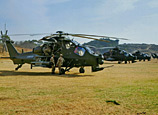
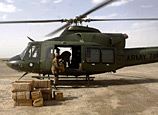
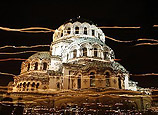
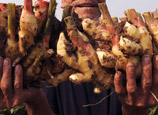
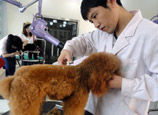
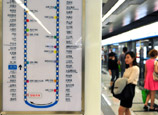
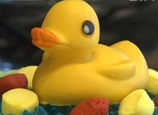
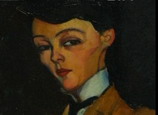
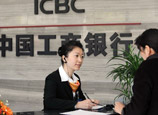
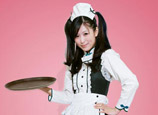






 2 killed, 1 injured in man's street knife attacks in Beijing | Attacker named
2 killed, 1 injured in man's street knife attacks in Beijing | Attacker named


![]()
